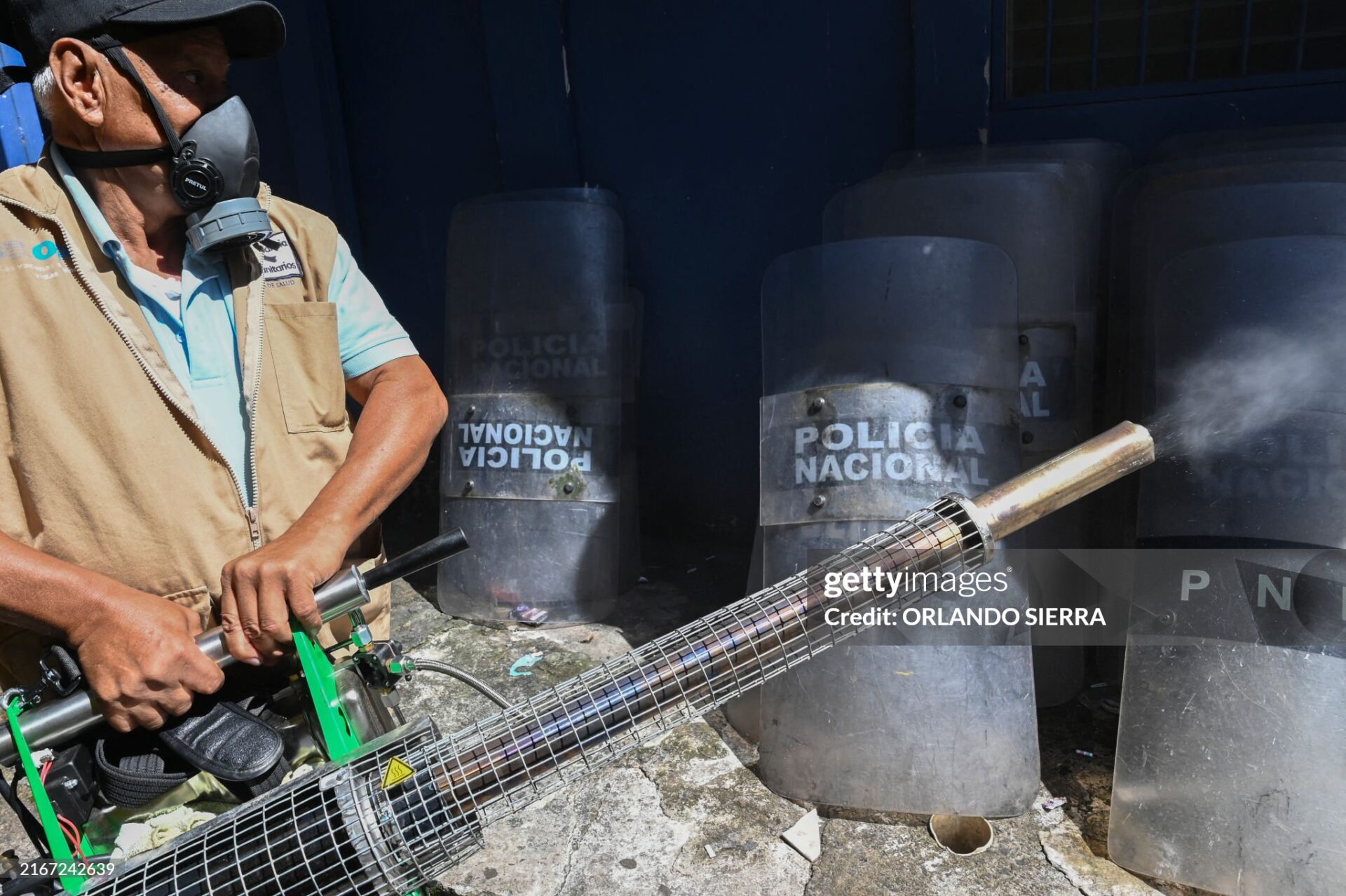Deadly mosquito disease is causing Mass. towns encouraging residents to remain inside the night
The mosquito-borne disease is not common, but it can be serious around 30 percent of those suffering from the virus die. many of those who survive have permanent neurological problems.
By Anumita Kaur
Aug 26, 2024 12:57 AM
A rare but deadly disease spread by mosquitoes has nearly a dozen Massachusetts communities on alert, prompting some towns to close parks after dusk, restrict outdoor activities and reschedule public events.
Massachusetts Health officials Massachusetts health officialsthis month announced the state’s first human instance of the eastern equine virus in the past year. an 80-year-old man who was exposed to the virus in Worcester County, west of Boston. Ten communities are now classified at risk of being high or critical for contracting the virus health officials announced on Saturday. Plymouth is located approximately 40 miles to the south of Boston has closed all public fields and parks from dusk to dawn the time when mosquitoes are at their most active. In the nearby town of Oxford, Oxford banned any outdoor activity on the town’s property until 6 p.m.
“We have not seen an outbreak of EEE for four years in Massachusetts,” Robbie Goldstein, the state’s department of public health’s commissioner made a statement in a statement. “We should make use of all the tools available to minimize risk and safeguard our communities. We’re soliciting everyone to do your part.”
Eastern equine encephalitis can be due to a viral infection which is transmitted by the bite of an infected mosquito According to Centers for Disease Control and Prevention. It’s rare but it’s serious. Around 30 percent of patients with the disease die, and many of those who survive suffer from chronic neurological issues.
The outbreak of the virus in Massachusetts occurs as mosquito season gets longer all across in the United States, The Washington Post stated. Climate change has led to the rise of global temperatures and, for more than two-thirds the United States, increased the amount of “mosquito days,” meaning that there aredays that have the humidity averaged at 42 percent, and temperatures ranging from 50 to 95 degrees.
It is believed that the Northeast has been warmer than the other regions of the country and witnessed the largest increase in the number of mosquito days. In Massachusetts the state, there has been on average 14 more days with mosquitoes when compared to the period from the year 1980 until 2009.
Scientists have warned that scientists warn thatlonger mosquito season could increase the likelihood of outbreaks caused by diseases transmitted by blood sucking insects, such as malaria and dengue.
Massachusetts Health officials have announced thatthere will mosquito spraying from dawn and dusk throughout the week across Plymouth as well as Worcester counties in order to reduce the incidence of the equine disease known as eastern equine encephalitis.
“Aerial spraying is designed to target mosquitoes bringing this EEE virus. While these measures are vital in reducing the risk of transmission but it is essential for everyone to be vigilant and adhere to individual protection guidelines to protect the community.” Massachusetts Department of Agricultural Resources Commissioner Ashley Randle said in a statement.
Residents are encouraged to apply repellents against mosquitoes, eliminate the standing water that surrounds their houses, wear clothes that cover the skin and change outdoor activities to avoid times between dusk and dawn.
Signs of those who are infected with the virus may include headache, fever, diarrhea, vomiting and seizures, along with behavior changes, and sleepiness. There aren’t any vaccines available to stop the spread of eastern equine-encephalitis or a specific treatment.
In the year 2019 the year of instances of human infections from the virus reported in Massachusetts. Six people died. The following year it was reported that there had been five cases of humans and one person died, according to the health department of the state.
In an email sent on note sent on Wednesday memo the town manager of Oxford, Jennifer M. Callahan stated that she was in contact with relatives and friends of someone who had been diagnosed by the virus in the past year, and who is currently fighting at the hospital.
A family “explained their loved one with EEE was the one person in the family who recounted through the years they never get bit by mosquitos,” Callahan stated. “However, right before he became symptomatic he shared that he had been recently bitten.”
“They want people to be aware this is an extremely serious disease with terrible physical and emotional consequences, regardless if the person manages to live,” Callahan declared.
